 |
|||
 |
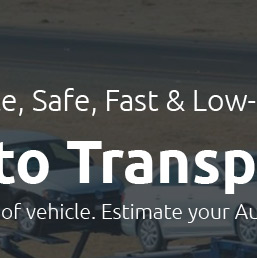 |
 |
|---|---|---|
 |
 |
|
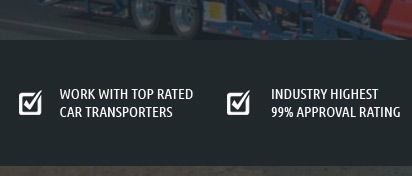 |
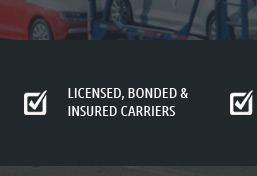 |
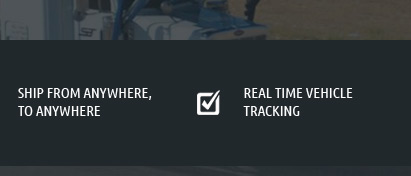 |
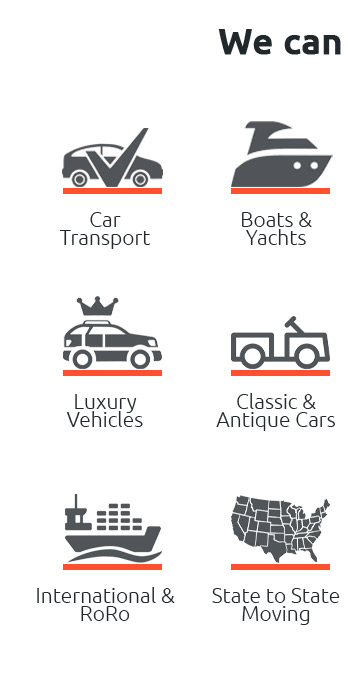 |
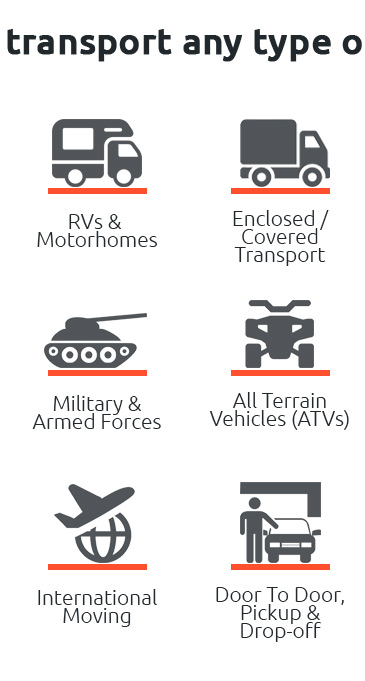 |
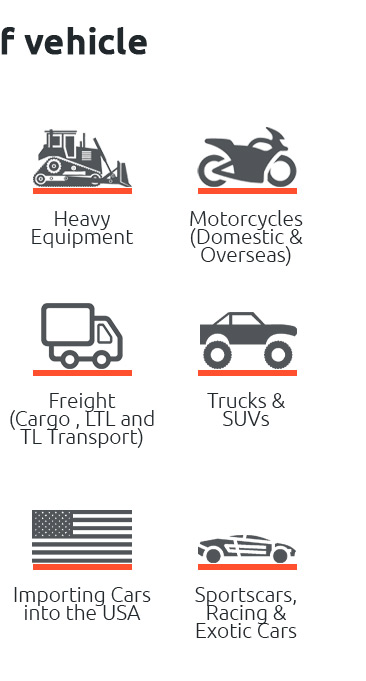 |
|---|
 |
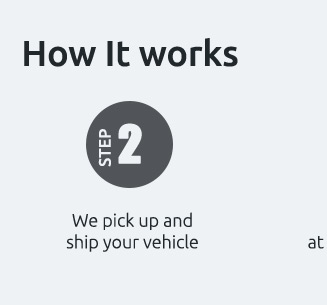 |
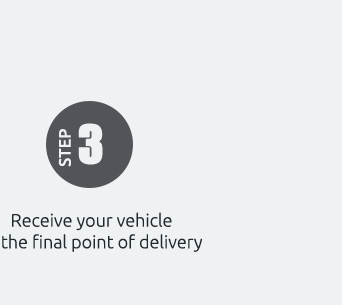 |
|---|---|---|
 |
||
 |
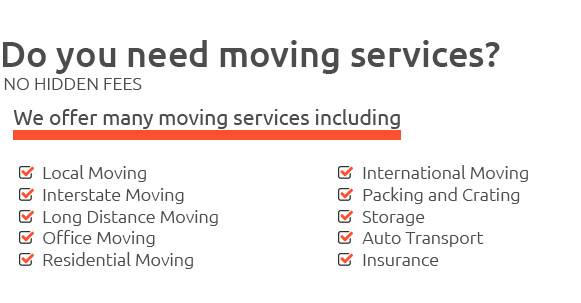 |
|---|---|
trailer transport interstate made simple for time-sensitive movesWhat it involvesMoving a trailer across state lines demands planning, compliance, and clear communication. Whether you’re relocating a utility hauler, a boat trailer, or a customized rig, a dependable carrier coordinates routing, weigh stations, and timing so your plans stay on track. Key factors to consider
To get a solid quote, measure overall length, width, height, and tongue weight, note any modifications, and share pickup and drop-off access details like gate codes or narrow turns. If you prefer a hands-off approach, choose a broker who vets carriers and tracks the load in real time; if you want control, work directly with a motor carrier and confirm FMCSA authority and safety scores.
|
|---|